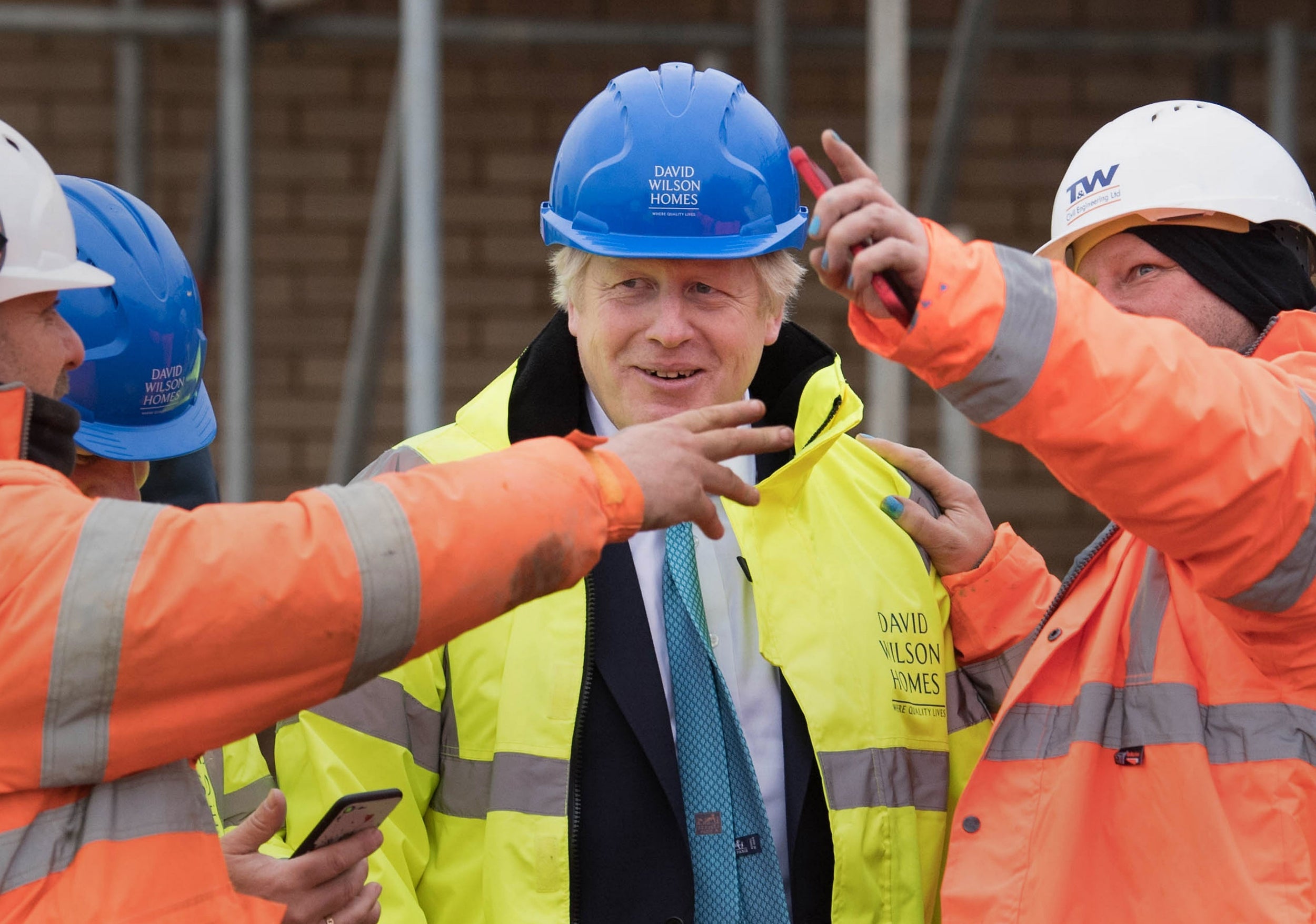General election: Could Boris Johnson ever support another Brexit referendum?
Giving Britain a Final Say could be the Lib Dems’ price for backing the Tories, writes John Rentoul


The Liberal Democrats have seemed to retreat from their absolute refusal to prop up either a Labour or a Conservative government. Ed Davey, the party’s deputy leader, conceded that a minority Tory government was “the most likely result”.
In that case, he said, “the only way” Boris Johnson could get his deal on Brexit “is with a people’s vote”. The leader, Jo Swinson, refused to say a new EU referendum would be the price of Lib Dem support for either Johnson or Jeremy Corbyn in a hung parliament, but there does appear to have been a softening in the party’s position.
Davey was only acknowledging the reality that a Lib Dem majority government is an unlikely outcome of the election. In which case, the most likely result, apart from a Conservative majority, is a hung parliament – and in most scenarios that would mean the Lib Dems could choose to put either Johnson or Corbyn in power.
So it is logical to ask what the Lib Dems might demand as the price of keeping Johnson prime minister. Given that Jeremy Corbyn would be offering a referendum within six months, Johnson could come under pressure to match Labour’s policy. Davey’s comment was in response to an assertion by Andrew Neil that “the only way you get a second Brexit referendum is with a Labour government”.
In practice, though, it is hard to see how Johnson would be able to deliver a referendum, even if he wanted to. If he had failed to win a majority, he would struggle to persuade Conservative MPs to vote for a referendum. Many would urge him to carry on as leader of a minority government instead, and fight another election if necessary.
In any case, the Labour offer of a referendum is likely to be more attractive to Lib Dem members, because it would put a “soft” Brexit versus Remain on the ballot paper. In 2010, Nick Clegg managed to persuade Lib Dem activists to approve the coalition with the Conservatives partly because Gordon Brown had so obviously lost the election. That argument would be the other way round this time, even if it were not for the strong preference among Lib Dem members to do a deal with Labour, driven by the feeling that their association with the Tories nearly destroyed the party.
Some hung parliament scenarios might be complicated by the Democratic Unionist Party, which has fallen out with Johnson but which would be reluctant to put Corbyn, whom it sees as an IRA sympathiser, in No 10 in his place.
However, if the Lib Dems found themselves in a position to choose between Johnson and Corbyn as prime minister – even if the choice were to be expressed negatively by abstaining – the chances are that they would go with Labour.
That is precisely why Swinson doesn’t want to talk about this possibility: she cannot afford to let Tory-minded voters in her Tory-held target seats think that she would help put Corbyn in Downing Street. The trouble is that voters can look at the evidence and make up their own minds.
Join our commenting forum
Join thought-provoking conversations, follow other Independent readers and see their replies
Comments